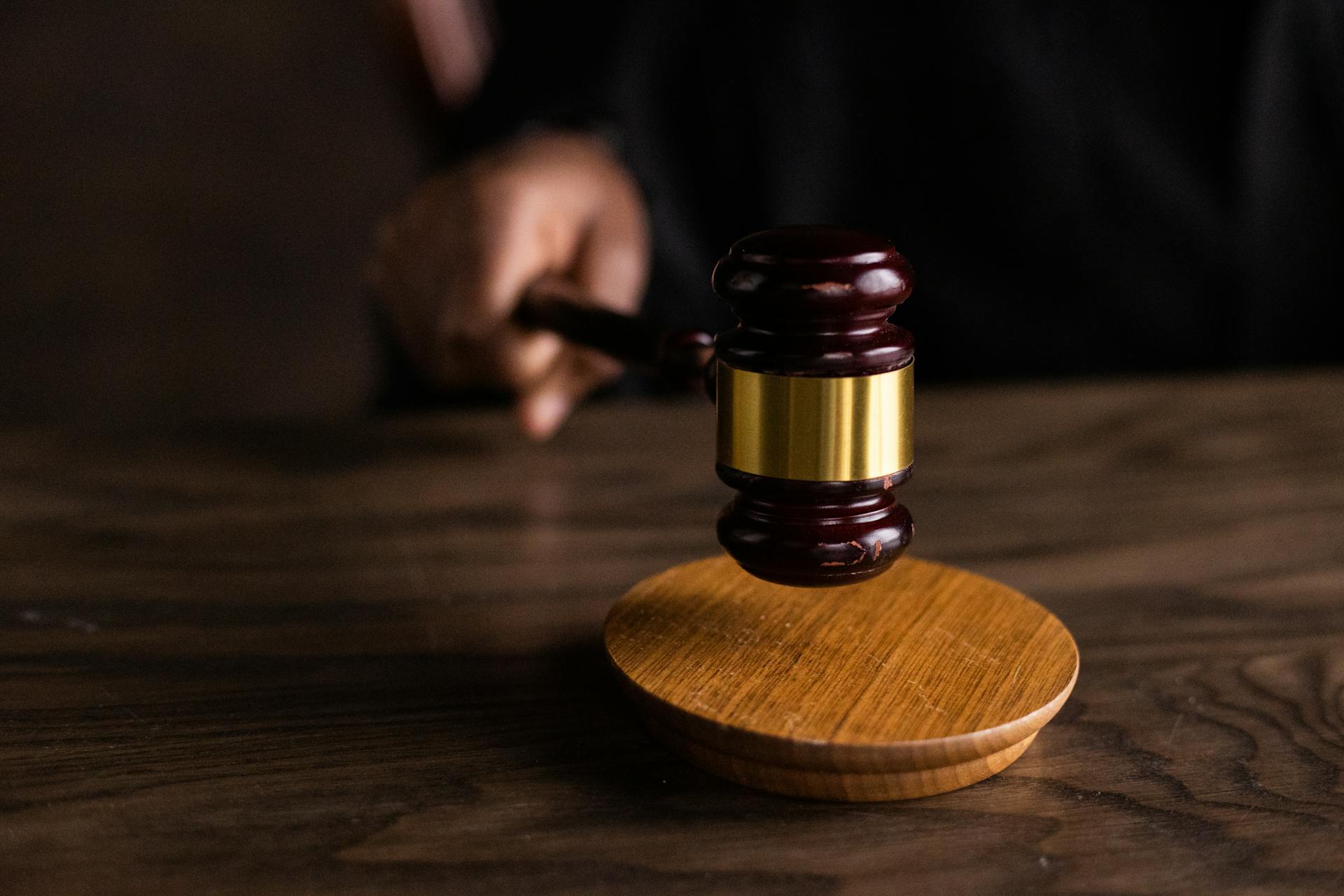FAQs
Do You Have to Go to Court for a DUI In Alberta?
If you are charged with a criminal offence in Alberta, you are required to appear in court to answer it.
However, Alberta operates an Immediate Roadside Sanctions (IRS) program for drivers who are found to be operating a vehicle in an impaired state. This often prevents criminal charges from being filed for impaired driving offences that once ended up in the Alberta courts.
Under the terms of the IRS program, drivers who are considered impaired in the opinion of a police officer may receive an immediate license suspension, vehicle impoundment, and fine. They are not required to appear in court unless subsequently charged with a criminal offence.

What happens if you receive no criminal charge for impaired driving?
You do not need to go to court in Alberta if you are accused of driving impaired under the Traffic Safety Act with no offence recorded under the Criminal Code.
Under Alberta’s Immediate Roadside Sanctions program, you will instead receive a Notice of Administrative Penalty from a law enforcement officer at the roadside. This Notice will detail one of the following penalties:
- IRS: FAIL: if your blood alcohol concentration (BAC) is 0.08 or higher or if you fail or refuse drug and alcohol testing.
- IRS: WARN: If your BAC is between 0.05 and 0.079 or if you fail drug/alcohol sobriety tests.
- IRS: ZERO: for novice drivers and commercial vehicle operators who operate under a zero-tolerance policy for alcohol and drugs.
- IRS: 24-Hour: a 24-hour license suspension for anyone suspected of being impaired by alcohol, drugs or a medical condition affecting their ability to drive safely.
With immediate roadside sanctions, individuals face a roadside license suspension from the Department of Motor Vehicles (DMV), as well as vehicle seizure and fines.
To get back on the roads legally again, the driver may need to apply to take part in an Ignition Interlock program for a specific period. This entails fitting a device to the vehicle that locks the engine unless a zero-alcohol reading is registered by the driver using an in-car breathalyzer.
The IRS penalties are administrative penalties issued simply on the opinion of law enforcement officers.
While you do not have to go to court for these traffic offences, it’s often best to challenge the penalties by requesting a review through SafeRoads Alberta. An impaired driving lawyer can assist with this process if necessary.
What happens if you are arrested and charged with DUI in Alberta?
Under certain circumstances, the initial roadside suspension will be accompanied by criminal charges for impaired driving/DUI. In such cases, the driver is arrested, taken to the police station, and charged with an offence under the Criminal, Code.
When is an impaired driving offender charged criminally in Alberta?
If the Crown prosecutors become involved, criminal charges may be pressed for alleged impaired driving/DUI in Alberta.
Since the IRS program started, this is the exception to the rule. However, repeat offenders with a history of such offences or drivers suspected of being impaired AND causing an accident that leads to property damage or injury are more likely to be charged criminally.
Criminal charges are also far more likely if the driver flees the scene of an accident, is driving while disqualified or has committed other driving offences while also operating a vehicle while impaired.
Refusal to provide a breath sample can result in a charge under the Criminal Code of Canada. However, cases are considered on their circumstances and there are no hard and fast rules.
What happens in court after a DUI charge?
Following a DUI arrest under the Criminal Code, you’ll face the standard roadside sanctions and then be charged.
Usually, drivers are released within 24 hours with an Appearance Notice informing them that they are required to appear on two specific dates to respond to the criminal charges.
The first date is to attend police headquarters for fingerprints and photographs and the second date is the first appearance in court. This is a legal requirement to appear and failure to do so can lead to an arrest warrant being issued and more severe penalties for “failure to appear”.
At the first hearing, the arraignment, you’ll need to enter a plea of guilty, not guilty or no contest. There may also be pre-trial hearings and plea negotiations.
If a trial is necessary, you will also be required to appear but, with representation from a DUI lawyer, much of the legal work and negotiations with the prosecution can be done “behind the scenes”.
Why seek legal representation for a DUI in Alberta?
The severity of the penalties for a DUI conviction in Alberta makes it essential to answer impaired driving charges with the best possible opportunity for case dismissal or acquittal.
As well as fines, license suspensions, and vehicle seizures, criminal convictions can lead to mandatory education courses, increased fines, and even jail time. The long-term consequences of a permanent criminal conviction on your record can also impact employment, education, immigration status, travel, insurance rates, and more.
A seasoned impaired driving lawyer will investigate the case thoroughly, question law enforcement’s version of events, and prepare a defence that provides the best chance of a successful outcome.
Call us to arrange a confidential consultation
To speak with Cory Wilson or arrange a free, no-obligation consultation with Wilson Criminal Defence, call 403-978-6052 or email us here.